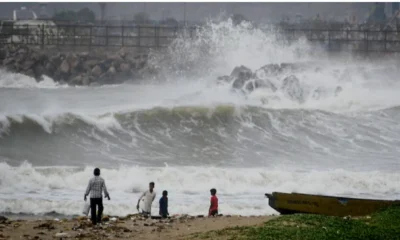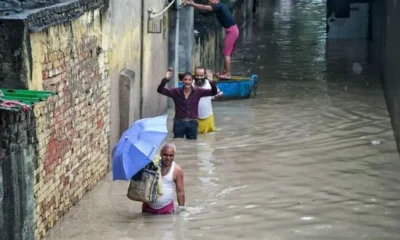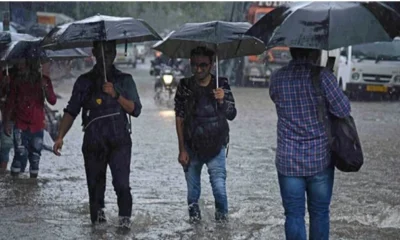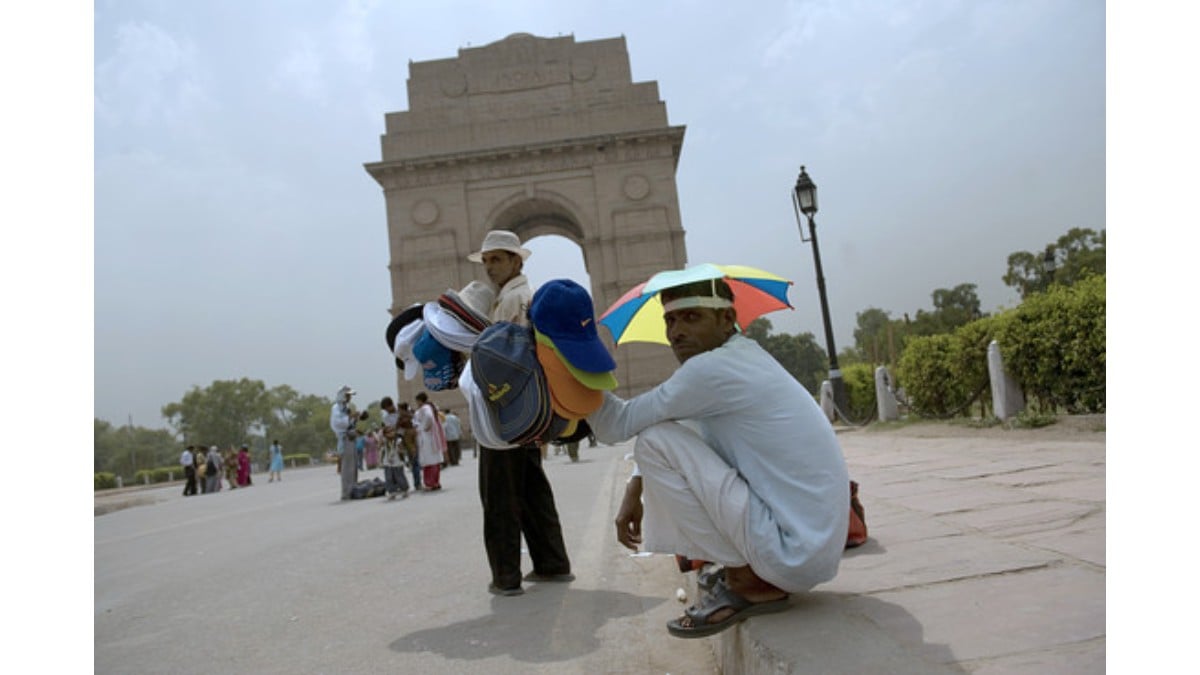The countdown to the monsoon has started. However, on Saturday, the temperature crossed 40 degrees Celsius. According to the reports, the heatwave will not last long. After the heatwave of Sunday, June 26, 2022, the sky has been seen as cloudy, and rain is expected.
According to the weather forecast reports, heavy rain is expected from Tuesday. Also, rain is expected to increase on June 30 and 31 respectively. The process of drop in temperature will start on Monday. Dense dark clouds will start engulfing the sky of the capital from Monday itself.
Temperatures in different places
The maximum temperature on Saturday was 40.5 degrees Celsius. It was three degrees above normal while the minimum temperature was 24.3 degrees Celsius. This is four degrees below normal.
At the same time, the humidity level in the air was recorded at 33 to 73 per cent. In most places of Delhi, the temperature was above 40 degrees. Among these, the maximum temperature of Palam was recorded at 41.2 degrees Celsius, Lodi Road 40.1, Aya Nagar 41, Gurugram 40.2, DU 41.2, Jafarpur 42.2, Mangeshpur 42.9, Najafgarh 42.9, Pitampura 41.4, Pusa 41.6 and CUG Sports Complex recorded 41.3 degrees.
According to the Indian Meteorological Department, it will be partly cloudy on Monday. The maximum temperature can be 40 degrees Celsius, and the minimum temperature can remain at 26 degrees. After this, the circle of clouds will increase from June 27. Due to the clouds, the temperature can drop to 38 degrees.
Monsoon in Delhi
The maximum temperature can remain at up to 37 degrees Celsius. On June 29, the temperature could drop to 36 degrees. On the other hand, the rain will increase on June 30 and 31. Winds can be strong. Their speed can be up to 30 to 40 kilometres per hour.
At the same time, the temperature can also drop down to 31 to 34 degrees. On the other hand, according to the reports, there is a possibility of some delay. At present, westerly winds are preventing the progress of the Monsoon. Monsoon normally reaches the capital on June 27. But this time it can knock in the capital by 30 or 31 June.






















